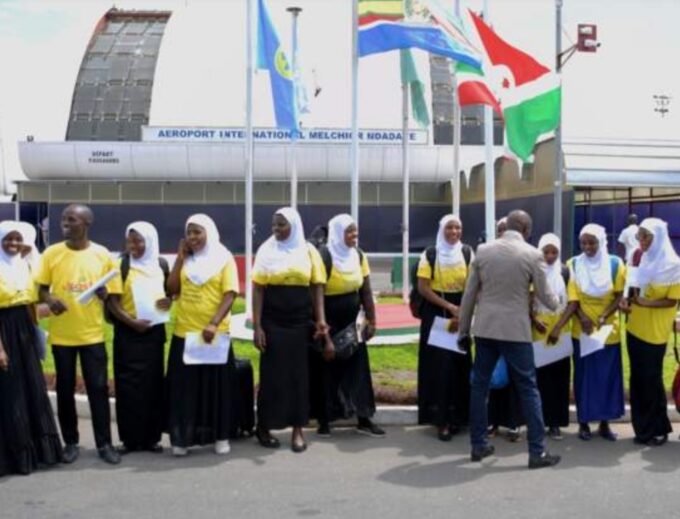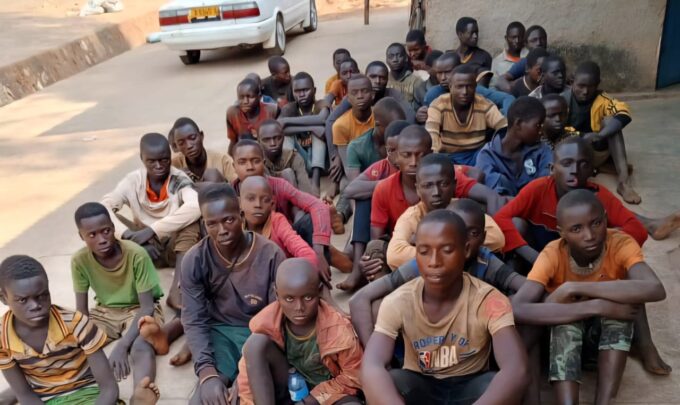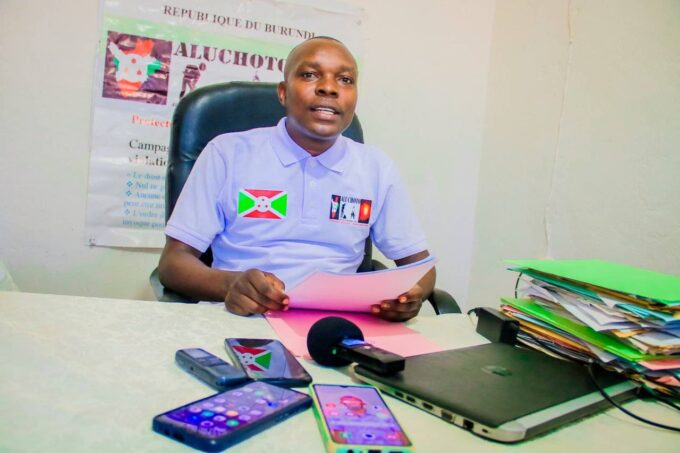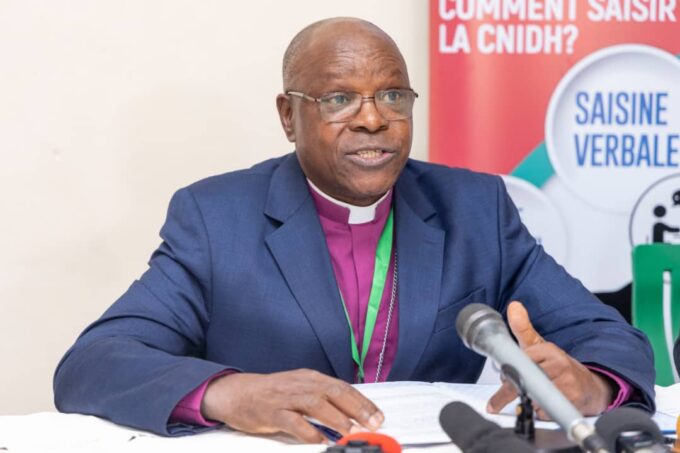At least 476 Burundian children are currently detained in prisons across East Africa for traveling without proper documents, the National Observatory for the Fight Against Transnational Crime (ONLCT) said Wednesday on the occasion of the International Day Against Trafficking in Persons.
Most of these children are held in Tanzania and Kenya, with detention hotspots including 64 minors in Ngara, 93 in Mwanza, and 175 in Silali near the Tanzania-Kenya border. Thirteen others were recently arrested in Nyakahura after reportedly being stripped of their belongings. Additional minors are detained in Kumunzane, Ntanga, and Kabondo in Kigoma Province.
“ONLCT deeply regrets that this global commemoration comes at a time when trafficking of Burundian youth and children has become increasingly common during the 2025 school holidays,” the organization said in a press release.
The crisis is largely driven by a lack of valid travel documentation. ONLCT also criticized Burundian ambassadors abroad for failing to protect the rights of their citizens and called for the appointment of more committed diplomats under the new legislature.
The National Federation of Associations Engaged in Child Protection in Burundi (FENADEB) echoed these concerns, warning that children and women continue to face exploitation both within Burundi and across its borders.
US Aid Halt Deepens Crisis
The situation has worsened since the abrupt cessation of US funding for anti-trafficking programs in Burundi earlier this year. The freeze, stemming from a decision by the US administration, has severely hindered efforts to detect victims, provide legal and medical support, and reintegrate survivors.
“The sudden halt has severely undermined intervention capacity on the ground,” FENADEB said in a statement, cautioning that survivors are left vulnerable while traffickers operate with impunity.
Local media reported that last week, authorities in Rutana intercepted 33 individuals, including five minors, attempting to cross into Tanzania illegally. Judicial officials in Burunga province estimate that approximately 50 minors cross the border each month, often driven by poverty and lured into forced labor or sexual exploitation.
Calls for Government Action
Child rights groups urge the Burundian government to establish a national assistance fund for trafficking victims, strengthen law enforcement against traffickers, and modernize systems for issuing travel and residence documents to migrant workers and diaspora members.
“Ensure strict implementation of the law by systematically prosecuting traffickers and imposing dissuasive penalties,” FENADEB said.
Despite international awareness campaigns, activists warn that without immediate government action and restored global support, vulnerable children will remain easy targets for traffickers in the region.








Leave a comment